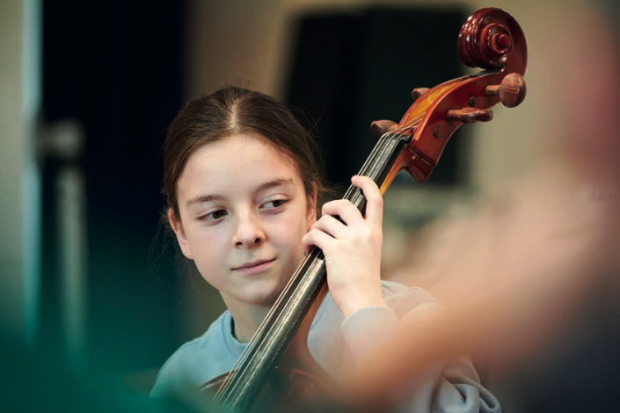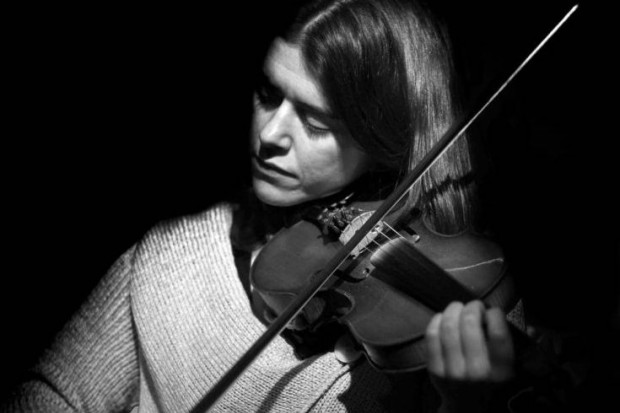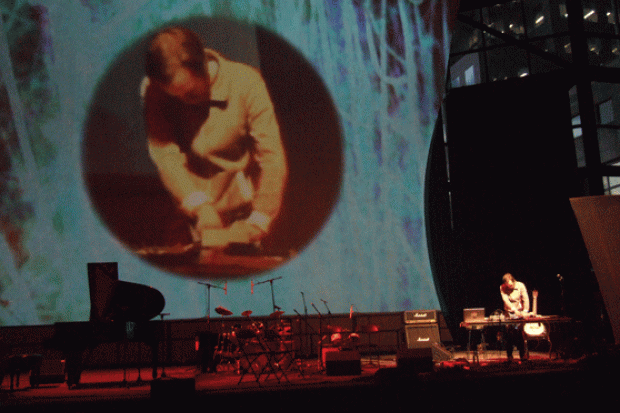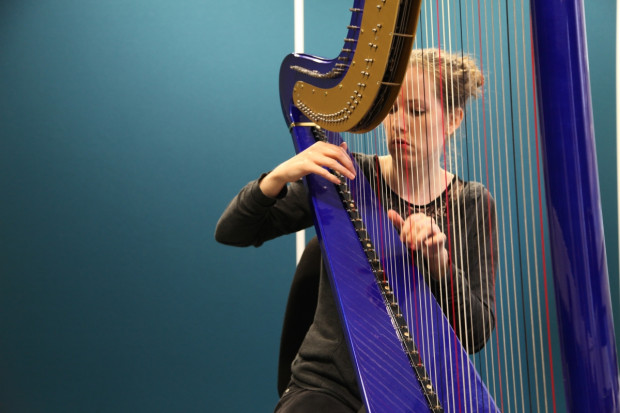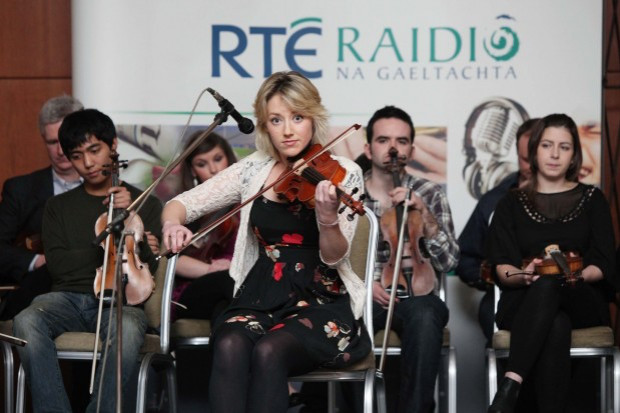Editorial: Futures entwined
The direct impact the new digital culture is having on music, in terms of access, dissemination and copyright, is well documented, but the indirect impact less so. If, as Benedict Schlepper-Connolly suggests, digital platforms will transform the status of public broadcasters in our society and the services they provide, what about the resulting impact on music?
In many countries, public-service broadcasters are more than providers of programming. They are pivotal generators of music itself. As employers they provide work and training to countless freelance musicians, singers, songwriters, orchestrators, producers, promoters, composers and arrangers, and in their role as guardians of state orchestras, choirs and ensembles, give fixed employment to hundreds more; as commissioners of new work they contribute to the development of musical aesthetics, providing opportunities to musicians and composers that may be unavailable elsewhere; as collectors and disseminators of folk music, broadcasters play a key role in the transmission of style and repertoire from one generation to the next; as reflectors of popular culture, they are archivists of our collective musical expression and culture; in their regional manifestations, they are essential to community reinforcement, contributing to the survival of linguistic and musical diversity; and of course they are disseminators of all of these musicians’ and composers’ work in a multitude of formats, and now even more to global audiences.
If the future role of public broadcasting were to be reduced the puncturing of musical culture could be devastating. The fear is that a more competitive digital environment will run it into the ground. But it also offers public broadcasters a chance to strengthen their argument, by giving the popular and the niche an equal platform, and reaching both broader and more specialised audiences. Rather than further lose their identity, they can emphasise their difference. There are signs that this is happening. France is phasing out advertising on its four state television stations by 2011, and RTVE, the largest state channel in Spain, did so in January of this year.
An essential advantage to public broadcasting is the energy and diversity of contemporary musical life – one of its core engines. The futures of both are entwined.
Toner Quinn
Editor
Published on 1 June 2010
Toner Quinn is Editor of the Journal of Music. His new book, What Ireland Can Teach the World About Music, is available here. Toner will be giving a lecture exploring some of the ideas in the book on Saturday 11 May 2024 at 3pm at Farmleigh House in Dublin. For booking, visit https://bit.ly/3x2yCL8.













